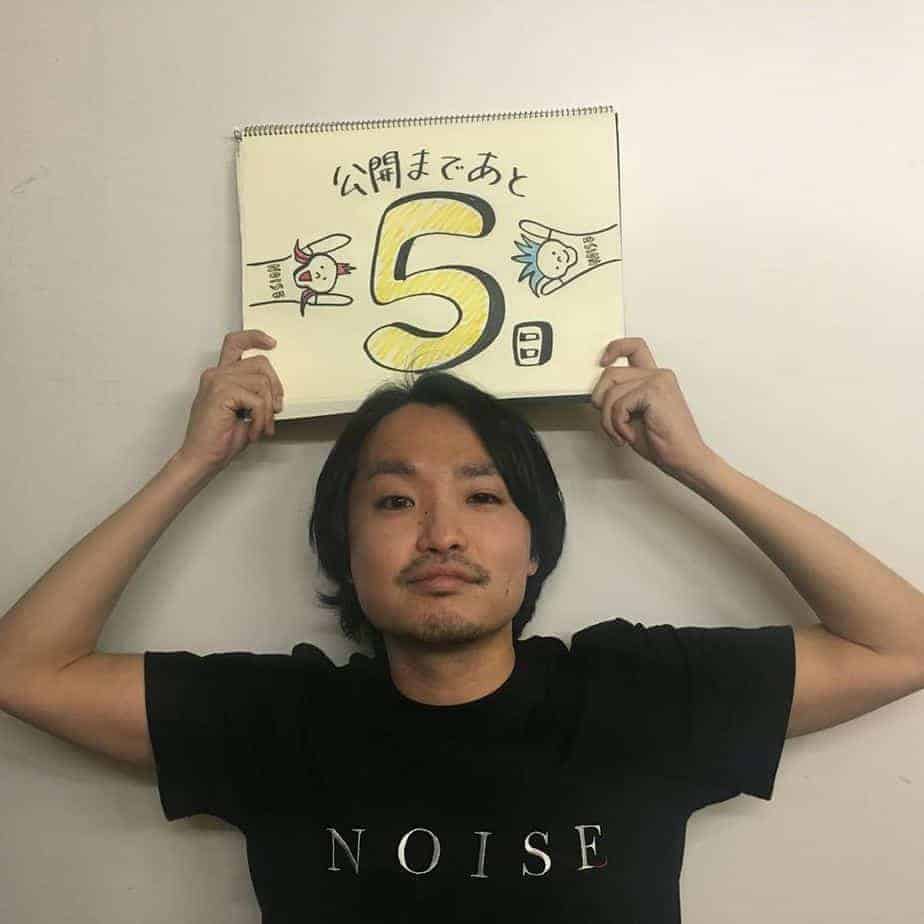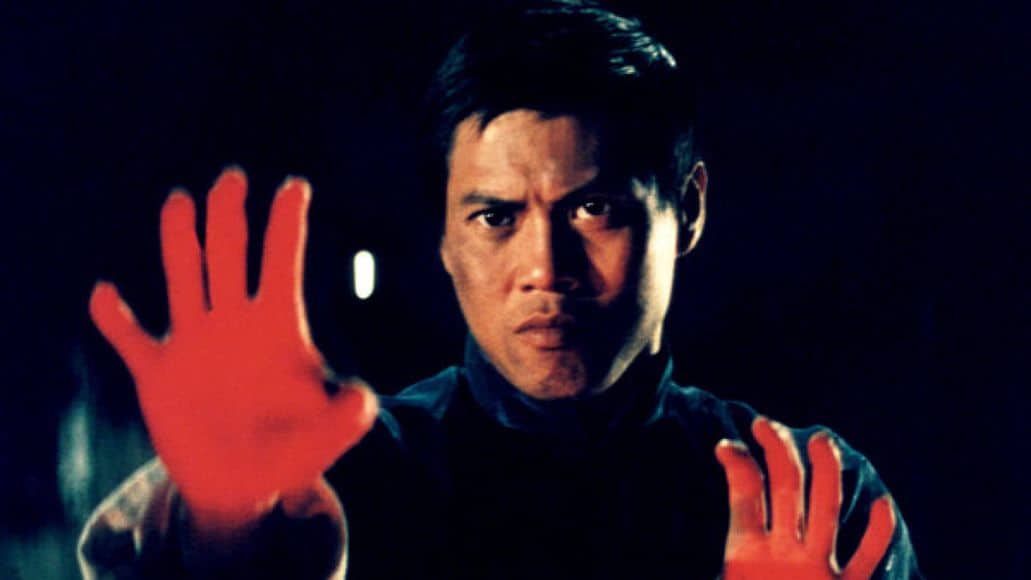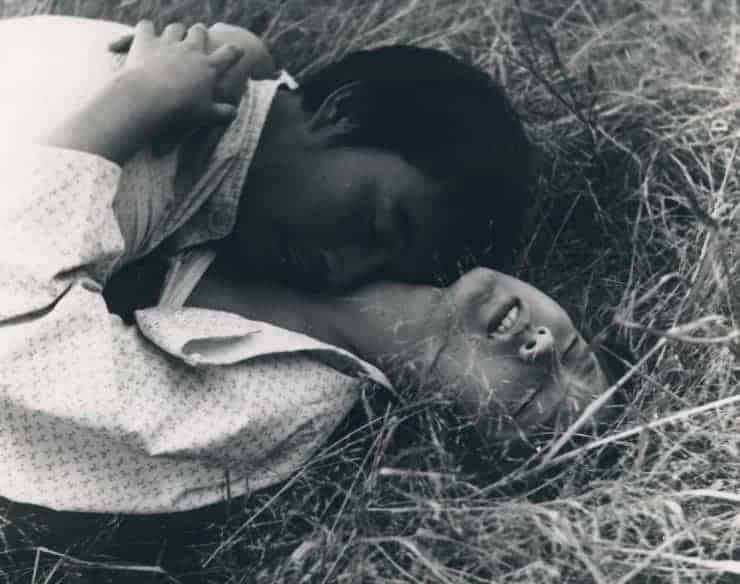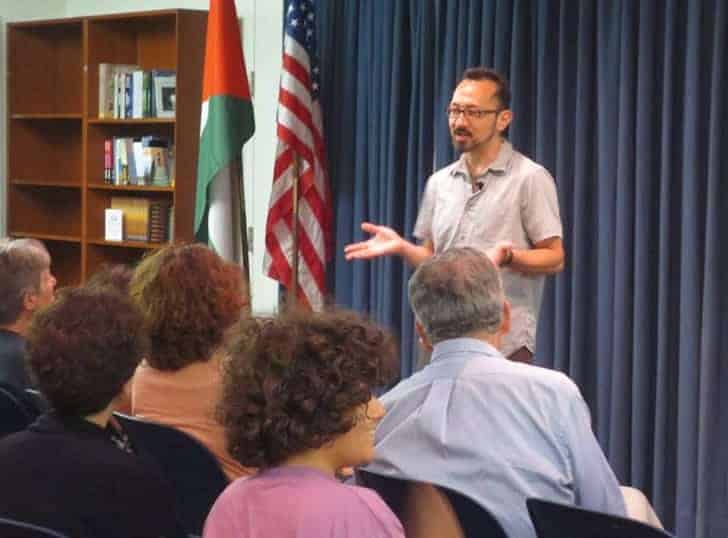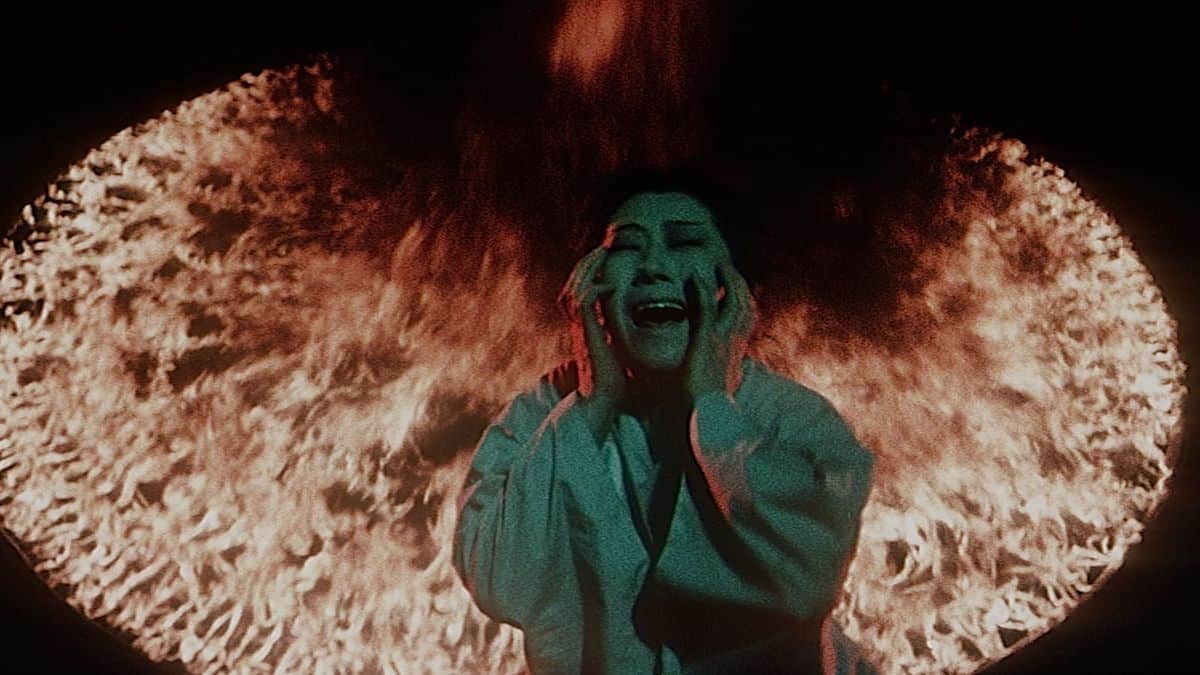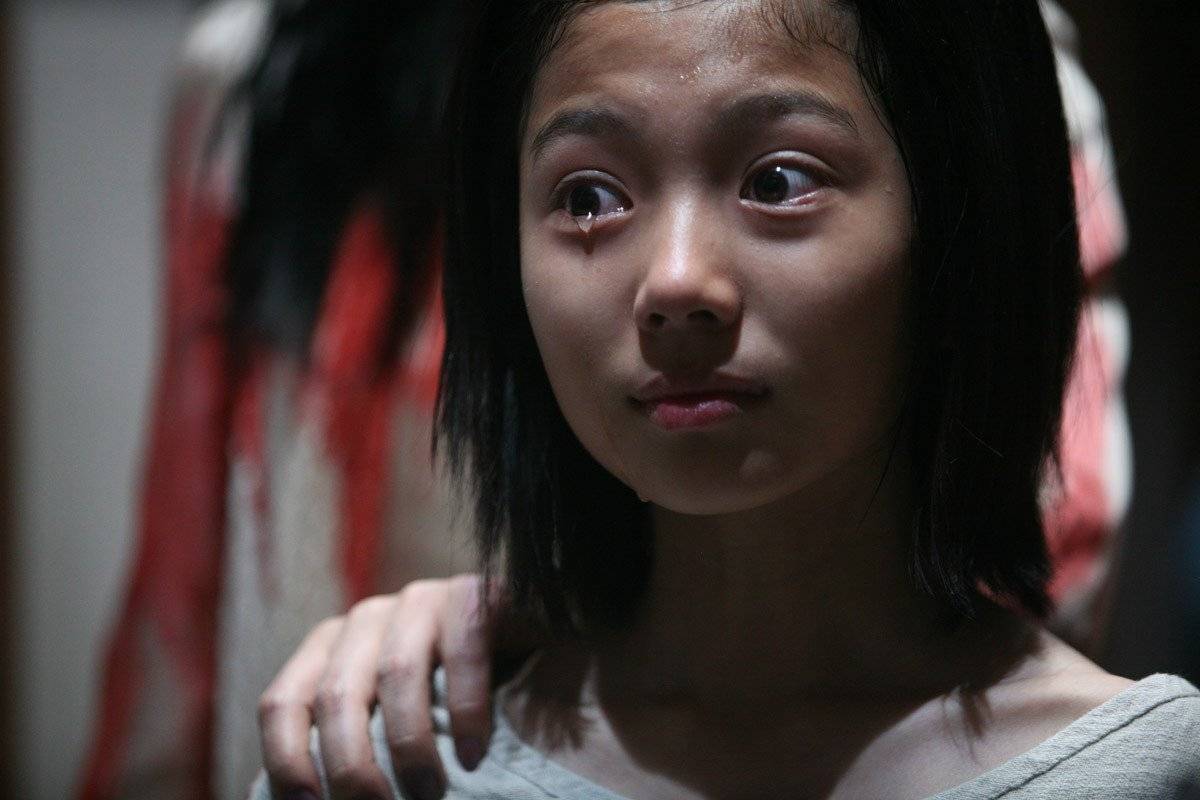This interview was initially conducted on March, 2018
Kenichi Ugana is an ex-actor and current director. “Good Bye Silence” is his second feature film.
We speak with him about his career, the film, music and entertainment in general, the cast, Japanese cinema and many other topics.
Tell us about how you became a filmmaker.
I had been active as an actor since I was a high school student. However, my life as an actor wasn't going well and was a distress for me. That is when some of my actor friends invited me to make an independent film and I became the director due to this. Participating as a movie director was amusing, I soon found myself not acting but making more and more movies. That was the start of my career. Therefore, I do not have any particular education on film-making or long experience working under a director as an assistant.
How did the idea for a place where entertainment is forbidden came about? In general, where do you draw inspiration for your movies? What is your opinion of entertainment and its importance?
I do not see this as a special idea as it is happening in reality. For example, you can no longer see Hip Hop artists on TV and on the radio in China. Iran is still strict on music. Although music is not banned in Japan, sponsorships restrict explicit expressions. Freedom of expression cannot be taken for granted.
Everything is my source of inspiration. Movies, music, literature, paintings, pictures…etc. However, surprisingly, many of the ideas come from ordinary stuff such as the daily conversations or the scenery from taking a walk.
I believe entertainment is what makes our daily lives rich.
The two protagonists work in a factory where they manufacture screws which they do not know what they are used for. What did you wanted to show with this concept?
They keep working to make screws they don't know how they are used. It is a despair not knowing what your work is worth, but around us, there are many similar cases as this. Although this may seem to be a strange concept, I would believe that this concept exists in our lives. In the beginning, we made the setting that they are making screws for police's weapons, but we decided not to use this setting because it would mean the same thing as Tokio being killed by the steel pipe that makes the sound of music.
Music is a very important part of the film. What is your relationship with music? Can you tell us a bit about the bands that play in the end of the film?
For me, music is what makes my life rich. I won't die without it but without it, my current self would probably not be here.
They are the traditional Japanese instrument band, “Seppuku Pistols.” It is no doubt that their performance is energetic and amazing. Since I had a strong desire to make a Japanese music movie, I used Seppuku Pistols's music in the ending. This way, the band's traditional Japanese sound fits my vision of a Japanese music movie. I believe their music in the ending left a one and only powerful impact for the movie.
Sugimura is a character much different that the others in the film, much more extreme. Can you tell us a bit about how you conceived him? What is your opinion of the police in general?
Sugimura is indeed an extreme character, but on the other hand, he obeys the rules more than any others. In a world where music is forbidden, it would not be odd for Sugimura to beat ones that break rules. Therefore, I worked my best on making a character that was serious and that pursued music more than anyone else.
Thanks to Takumi Saito's numerous ideas, we were able to make an incredible character.
Toshiharu Yaegashi's cinematography is impressive. Can you tell us a bit about your cooperation with him? Also, can you tell us about the locations the film was shot?
It was very easy shooting with him, since we had known each other from the time I was acting in independent films. He was participating as a filming director. Even if I don't say much, he knows what I want to do. All of his shooting techniques are brilliant, but the composition and the way he handles the handheld shots is particularly amazing. However, you have to be careful when he is hungry because he can get a bit grouchy.
How was the shooting of the film like? Any memorable episodes, good or bad?
The movie was shot at Oota city and Takasaki city, in Gunma prefecture. It was very difficult to find a persuading location to fit an entertainment-forbidden-setting. Of course you cannot have signs and banners of Entertainment, but it also cannot be a ghost town. It had to be a location that you can feel that Entertainment used to be there but not anymore. I cannot be thankful enough to the staff that found the perfect location for the movie.
For the bad part, I would say that there was a limit on time. For the shooting, we had around 9 days. If only there was more time, there were many shots I wanted to take and many things I wanted to do.
What was the casting process for the film like? In general, what do you search for in the actors you choose?
I made offers to the actors for this movie. I made an offer to Kaito Yoshimura, who can naturally act as if there were others around him, for our main actor. For Tokio, who showed leadership, I asked Ryuya Wakaba, who acts naturally and very technically while seeing things in a big picture. I offered Sumire the role of Hikari, who can give the sub-cultural taste even in a world that forbids Entertainment. Although she had little experience in acting, she had a unique attraction others cannot imitate. For our cruel and extreme Sugimura, I gave the role to Takumi Saito, who is usually a humble and generous person but has a deep passion within. I figured out that he would enjoy acting this role. I am very glad and lucky that everyone accepted my offer.
I look at their personality and their attitude towards acting.
What is your opinion of Japanese cinema at the moment?
Compared to other countries, the budget for making a movie is low, which leads to lack of quality. I am disappointed by this current situation of the Japanese movie industry, but with many new amusing writers and movies, I am hopeful that Japanese films would become more interesting in the near future.
Which are your favorite directors.movies?
Since I have so many favorite directors and movies, it is impossible to name all but I respect Yuuya Ishii.
Tell us a bit about your future plans.
This year I am planning to shoot a couple of short and featured films. There is also comedy films in this list, so I am looking forward to releasing one that is completely different from the world of “Goodbye Silence.”


